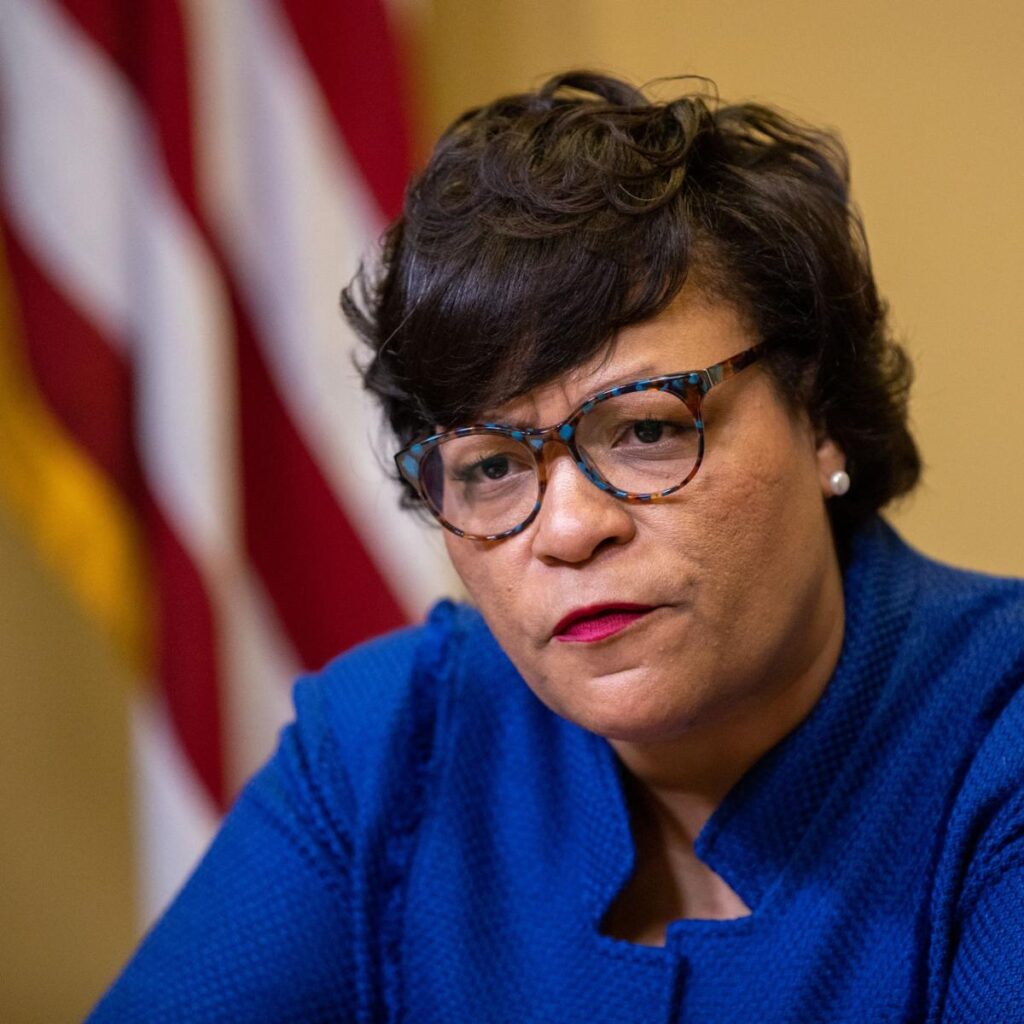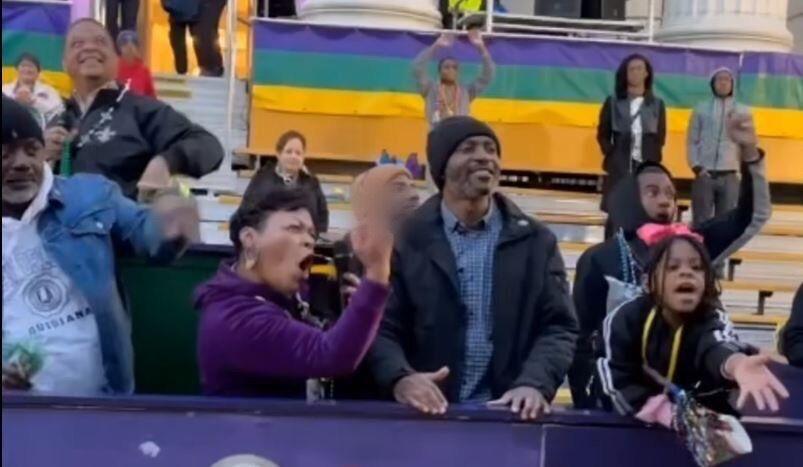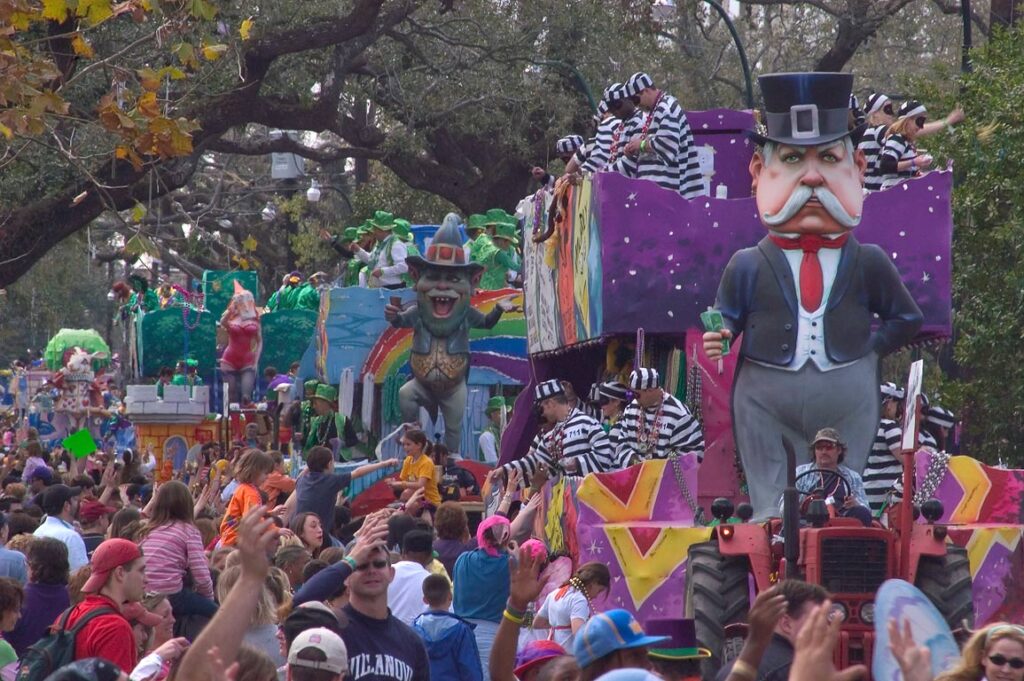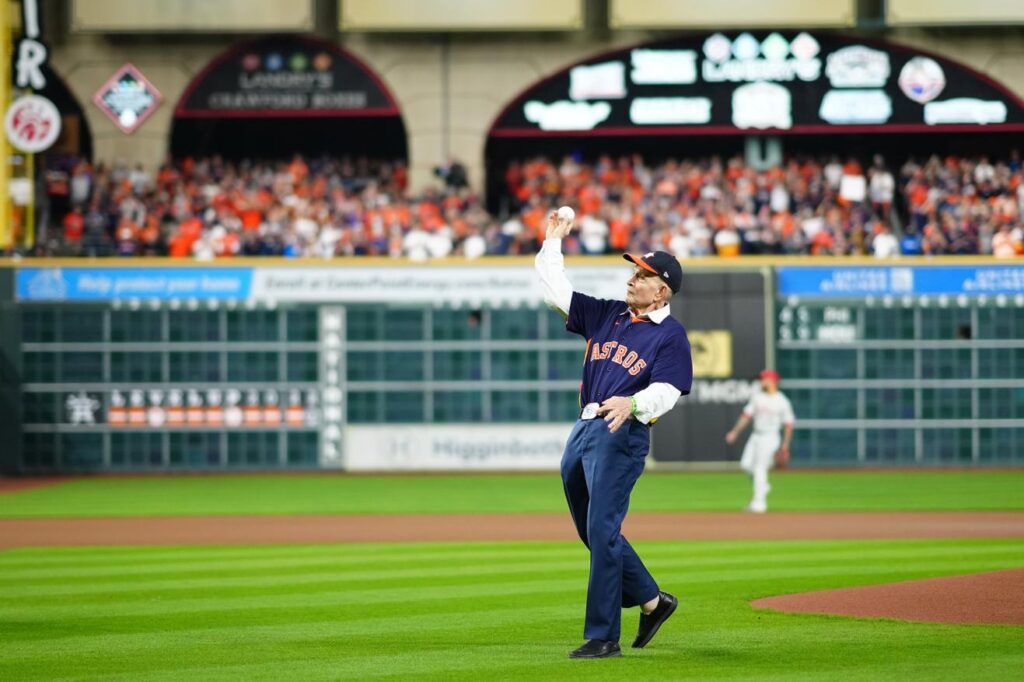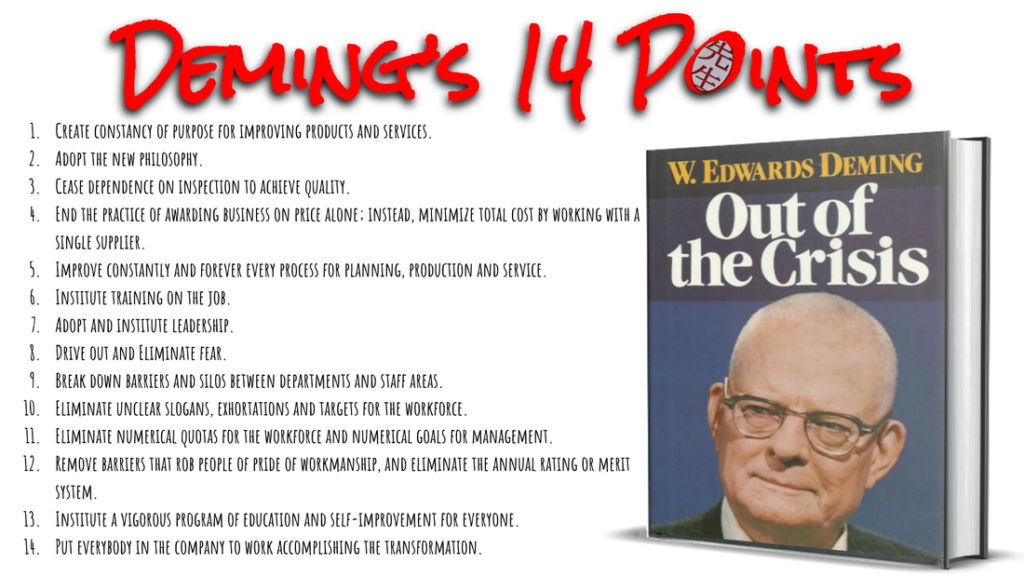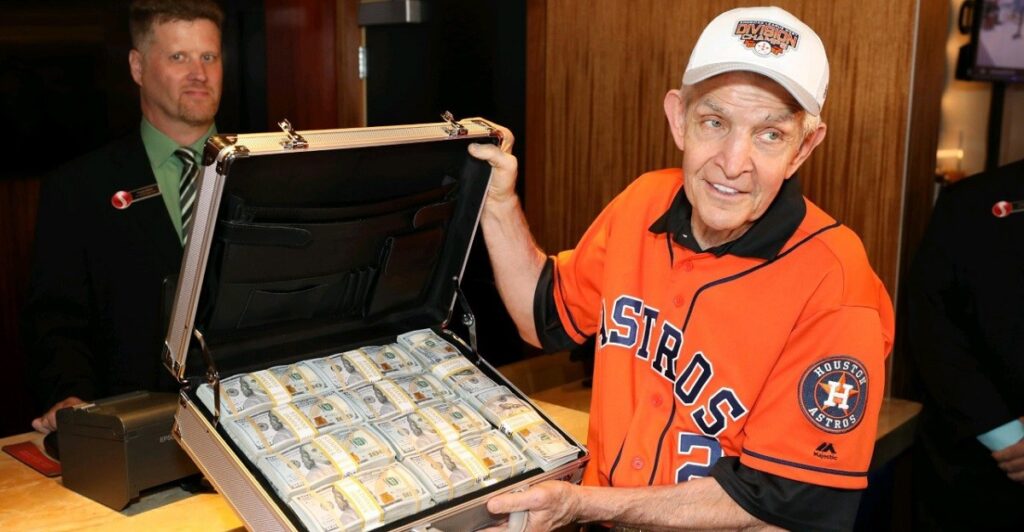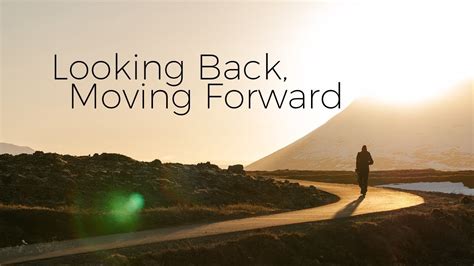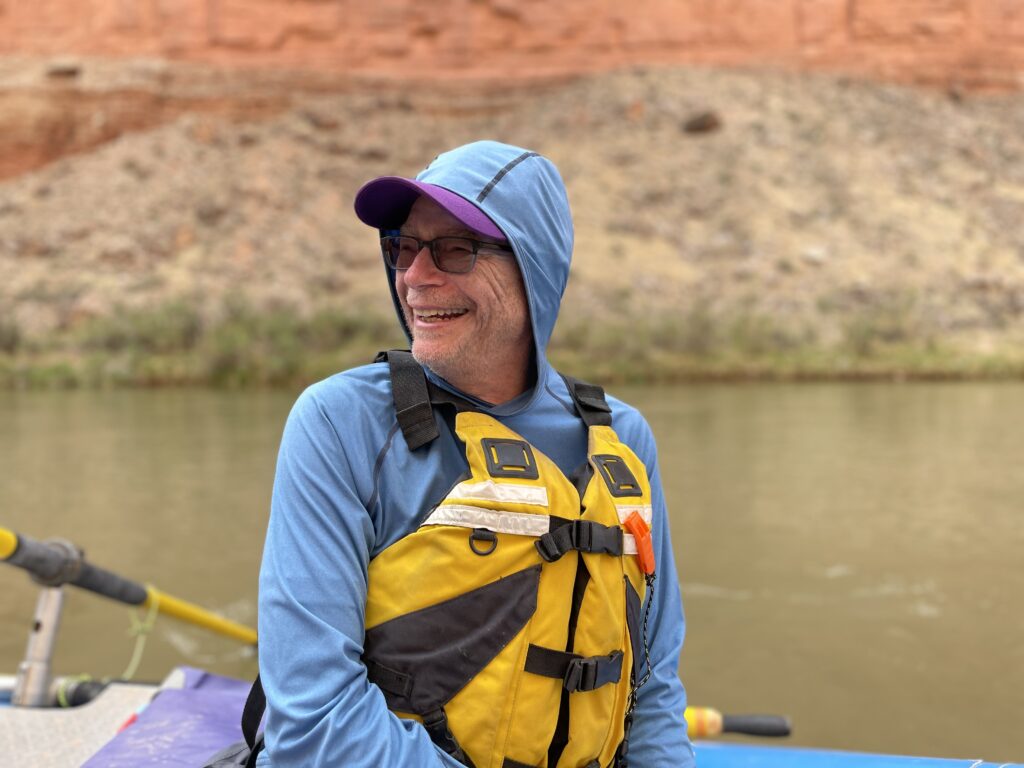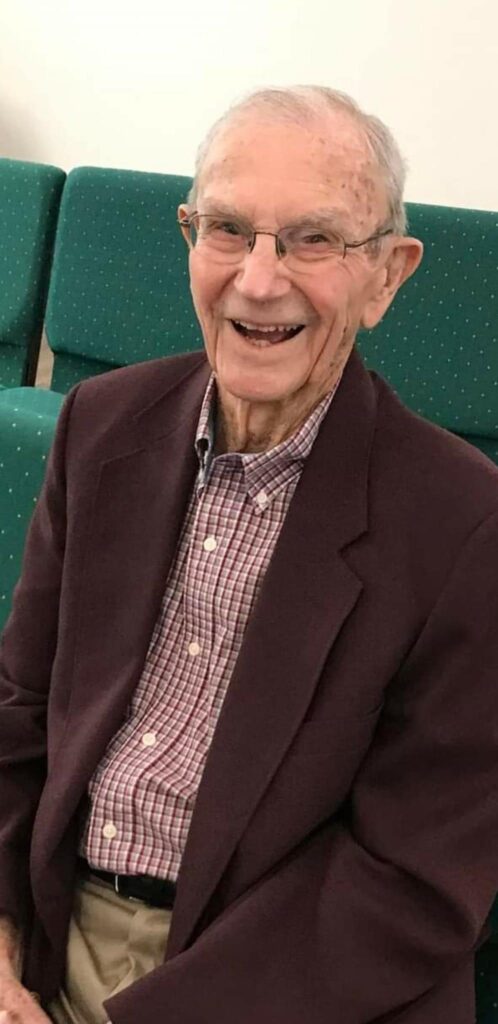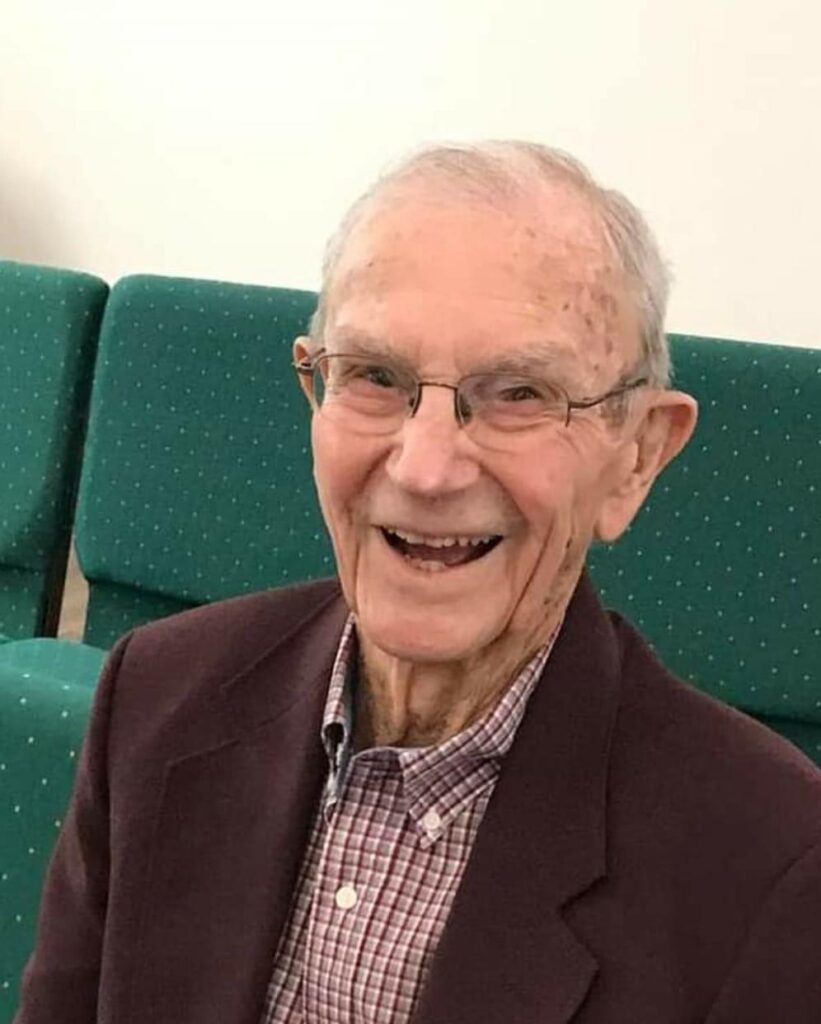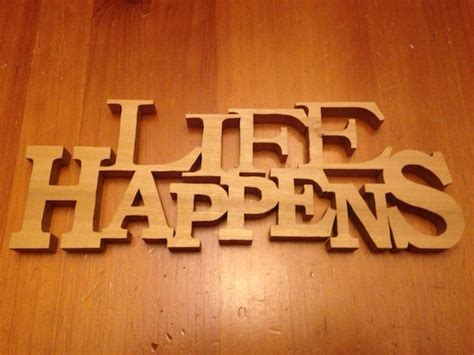(2023-6)
It’s been a year since my father passed away. Late May brought about a seminal event in progressing through the grief of his death, the sale of his former home of almost 30 years, which occurred on May 31. As I walked through the house for the last time, I couldn’t help but remember the Kansas song “Dust in the Wind” which is one of my favorites. (Check out the lyrics at https://www.lyrics.com/lyric-lf/295741/Kansas/Dust+In+the+Wind – the music is haunting).
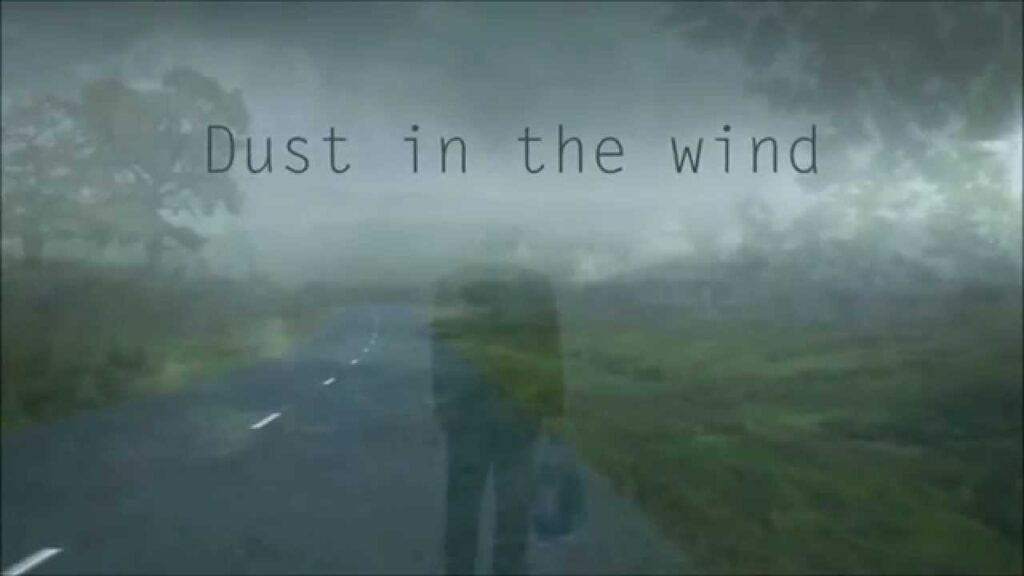
I did a complete walk-through of the house to ensure it was cleaned out and prepared for closing. In less than 24 hours, the home that held memories was only a house. By this stage, there were no reminders of my parents left. I was stricken by the thought that we should cherish the memories we have of loved ones lost. It’s not about the house, it’s about the memories. There is now a new owner of that house, but there are still memories I will not forget.
Dad passed away on July 20, 2022. We started going through his house on Labor Day weekend as family members were in town for his funeral. We spent Labor Day weekend until May 30, 2023, going through the house dealing with the household items my parents had amassed in 92 years (almost 30 of them in the same house). Sorting through this estate was a lengthy process. When it was all over, there was an impressive set of statistics related to the belongings my parents left behind:
- We took ten loads of items to the local Salvation Army. I think we stocked their showroom for a few years!
- We got a local junk removal person to pick up several times as the local community didn’t allow us to take it directly to the dump. We called on this person on three separate occasions.
- Before the loads to Salvation Army, we dispersed belongings to at least nine households within the family.
When I showed up to finish the cleaning and prepare for the closing, I also picked up a few items that I had left for staging. In addition, I left Dad’s tools locked in the shed. When I got there, the shed was unlocked and some of the tools were missing. In addition to being angry, I also couldn’t understand how this happened. The shed was no longer locked. I jumped to conclusions as to what could have happened. This lasted less than an hour. Once I calmed down, it dawned on me – it was just stuff. I still have a good many of Dad’s tools, which give me joy whenever I use them. I can replace the stolen tools.
I did a little research on grief while preparing this post. I found the final walkthrough both therapeutic and sad. In the end, the closure brought a contentment that I couldn’t explain. I reviewed the Kubler-Ross model of the Five Stages of Grief (check out https://www.psycom.net/stages-of-grief for a simple explanation of this model). Over the past year, I have progressed through these five stages. Getting the last look at Dad’s house helped me accept his death.
After checking out the lyrics to “Dust in The Wind” I felt like that song didn’t fully express the wide range of emotions I’ve felt. When I think of my dad, I remember the song “Daddy’s Hands” sung by Holly Dunn. It’s a special song to me because my wife sang it at my grandfather’s funeral. I reread the lyrics recently and see that they are applicable to my father as well. I will always cherish our relationship.
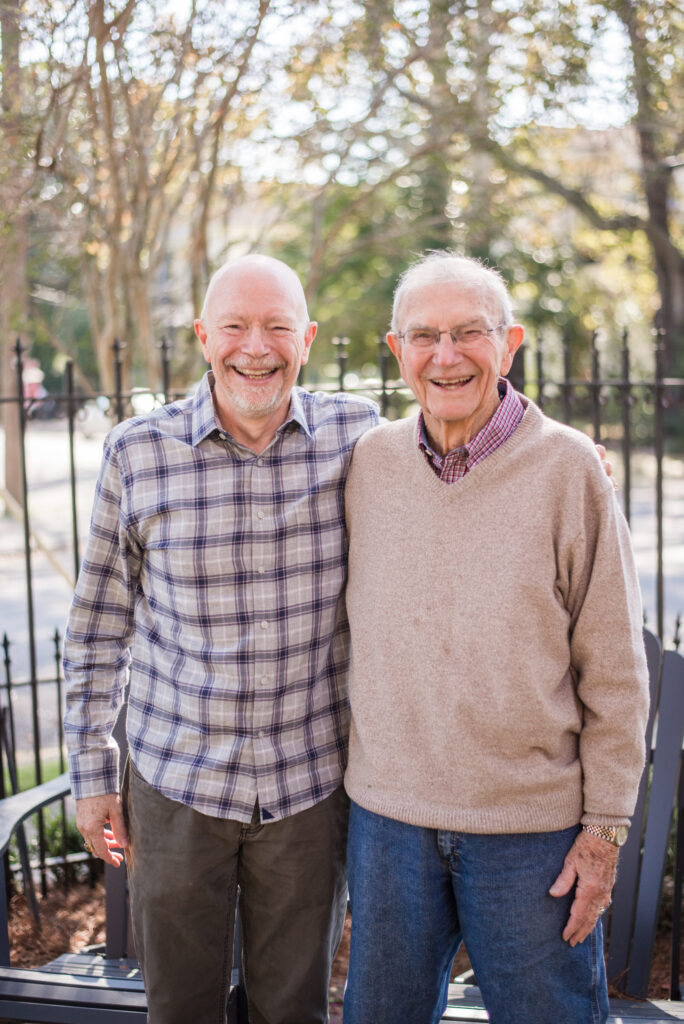
Throughout the process of sorting through possessions and preparing to sell Dad’s house, I’ve learned a few lessons:
- It’s just stuff. While some physical objects do provoke emotions, it’s memories that are important, not the objects. I needed to let go of the stuff (this helped me quickly get over the theft of a few tools) and retain the memories. I plan to do that.
- Integrate key possessions to strengthen memories. I have a few items from both of my parents that cause me to think of them. I use Dad’s Cross pen daily. I have hung some of my parents’ artwork in my house. I also carry a money clip from my maternal grandfather. These things remind me of the impact my parents and grandparents have had on my life.
- Mom and Dad’s legacy has been dispersed to family and others. Family members will think of my parents when they see the belongings they have integrated into their respective households.
- Don’t jump to conclusions. I need to do a better job of reacting. I saw that clearly after I reacted upon discovering the theft of tools.
I’ve come to realize that Dad’s empty house doesn’t matter nearly as much as the memories. I plan to recall as many memories as possible and keep the memories alive.
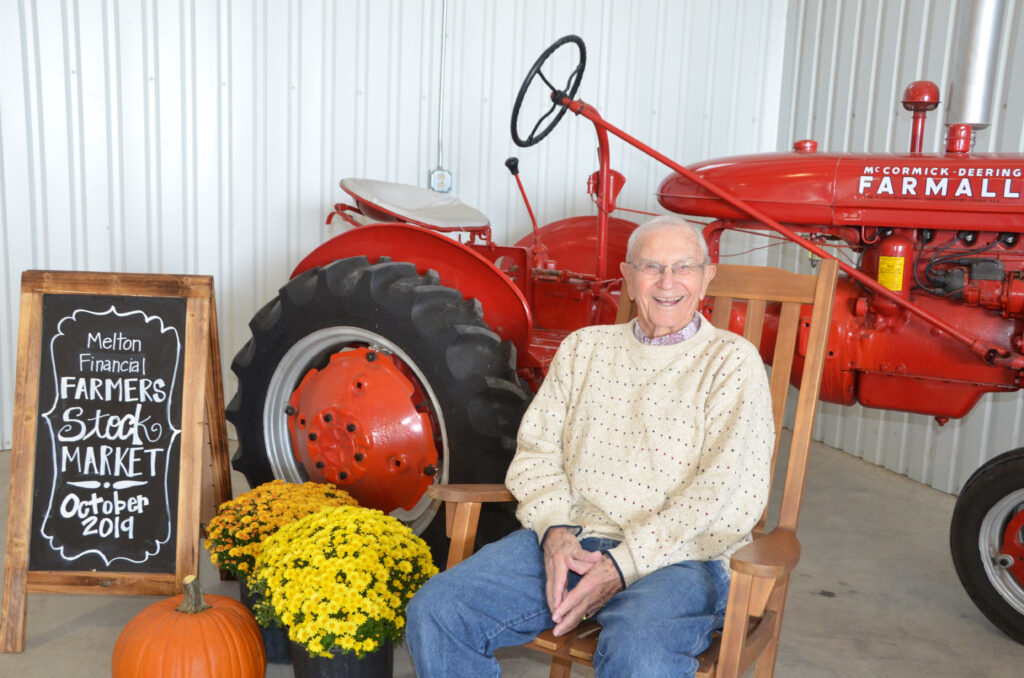
Have you had similar experiences? I’d love to hear about your experience and how you dealt with it.
